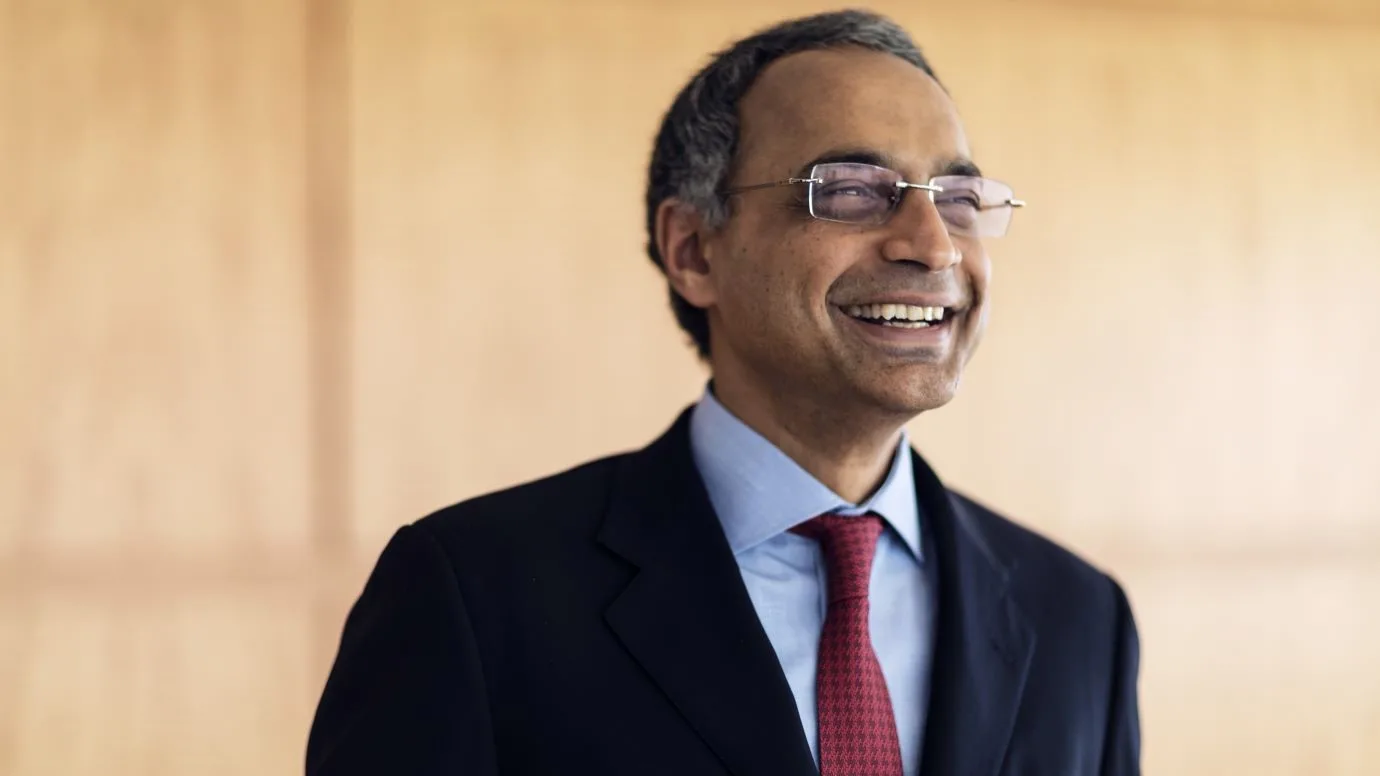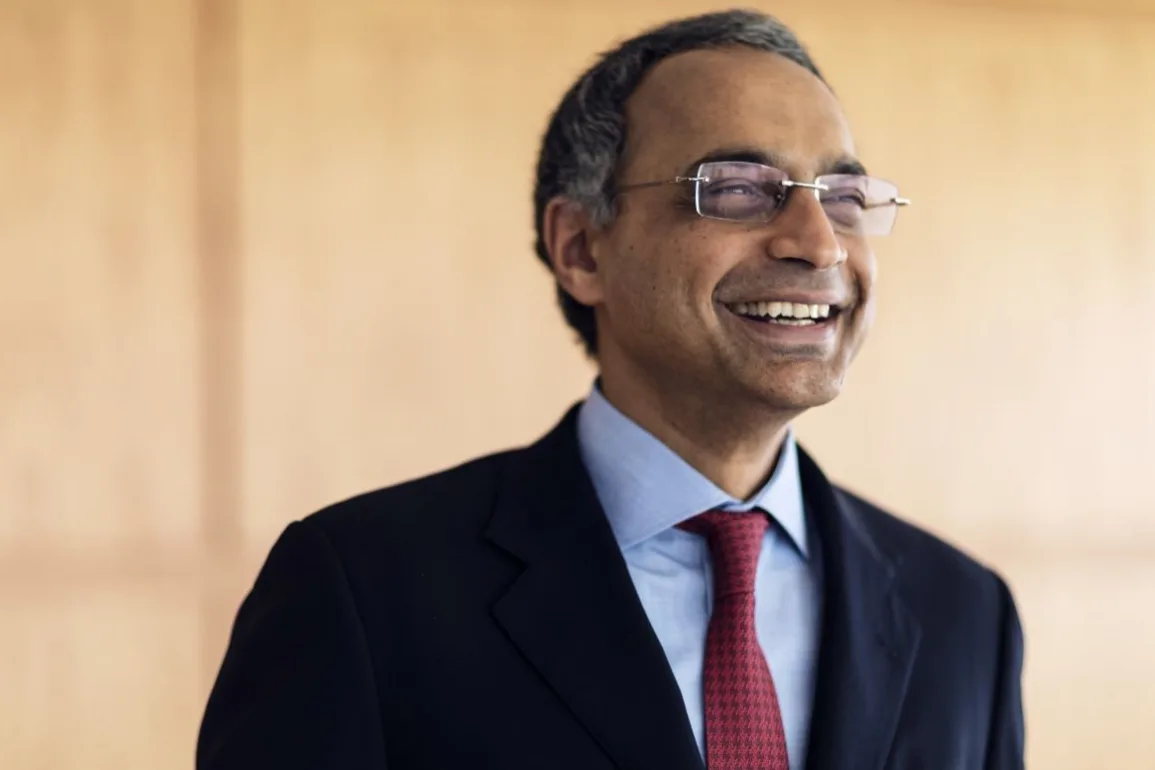
The world caught up to you.
That’s literally the way I think about it. We realized the importance of data in the 1960s, and we’ve been using that as our North Star, if you will. The other cool tangent is if you look at a field like behavioral science, we have the best faculty in the world, right? Why is that? Partly, it’s a historical accident, because Richard Thaler [Charles R. Walgreen Distinguished Service Professor of Behavioral Science and Economics] came over here and was a great institution builder. But behavioral science is just collecting another kind of data that you gather from experiments. We have faculty who are able to use these massive quantities of data to draw inferences about human behavior. It’s been a huge source of pride for me that our behavioral science faculty is now as dominant as our finance faculty is.
How do you think about the evolution and continuity of Booth in this anniversary year?
In terms of being a discipline-based academic institution that wants to push the boundaries, that’s always been true of UChicago as a whole and of Booth. The commitment to open inquiry and freedom of expression has always been here. What has changed is that we have really become a great MBA program also. I think that we didn’t focus on it as much in the past. We were viewed as a great academic institution with a great PhD program, and, yes, we also teach MBAs. We’ve done a lot in the last 20 years to become more engaged with our students, to foster a strong student community, and to engage with alumni and make them an integral part of the school.
Yesterday we did an event called Booth 20/20, where alumni talked to incoming MBA students about their experiences at Booth and after they left. That’s the kind of event that has been really different in terms of connecting with alumni.
We’ve also realized that while it’s important that we are great in the disciplines, a lot of work happens across disciplines. The way we have been doing that work now is through centers. The Polsky Center [for Entrepreneurship and Innovation] was set up because entrepreneurship cuts across so many fields. You don’t do a PhD in entrepreneurship, but you need people to teach it, many of them practitioners. And we set up the Rustandy Center for Social Sector Innovation, the best of its kind in the country because it is faculty led with an advisory body of alumni. When I came in as dean, we had almost no electives in leadership. We now have a huge number of leadership classes taught through the Harry L. Davis Center [for Leadership].
Booth received a historic gift this year from Ross Stevens, PhD’96, to endow the doctoral program. What is the significance of that gift?
It’s a very, very rare gift, unique in the sense that PhD graduates typically go on to academic careers and don’t necessarily make those sorts of financial gains. Ross is somebody who was a great Ph.D. student, a student of Eugene Fama, MBA’63, PhD’64 [the Robert R. McCormick Distinguished Service Professor of Finance], but then went straight to industry and had a very successful career as an investor.
We settled on the Ph.D. program as something Ross might want to support because he credits so much of what he was able to achieve in his career directly to being a student here. We looked back, and in the last 102 years, we have graduated 968 Ph.D. students. So it is a very small program. But Ross realized that it’s a program that is important for the future of the profession and one of the programs that would be easiest to cut from a fiscal perspective.
He wants financial considerations not to determine whether a student comes here. And he wants the gift to help make the Ph.D. experience good for students by funding wellness resources, mental health support, and the creation of an alumni community that will help them. He has in mind supporting the whole Ph.D. student.
This story was adapted from the UChicago magazine website.


